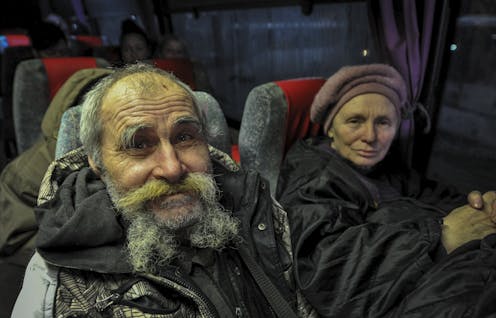Immanuel Kant’s Toward Perpetual Peace and its relevance to the war in Ukraine
- Written by Paul Formosa, Associate Professor in Philosophy and Director of the Centre for Agency, Values and Ethics (CAVE), Macquarie University

A powerful European country invades a less powerful one. This is a story that German philosopher Immanuel Kant, while writing his essay Toward Perpetual Peace[1] in 1795 in Prussian Königsberg[2] (now a Russian territory on the Baltic Sea called Kaliningrad), was all too familiar with.
Unfortunately, it is a story repeating itself today as Ukraine is invaded by Russia. But what can we still learn from Kant’s essay?
At the time of writing, Kant was 71-years-old. He was reflecting on the bloody aftermath of the French Revolution of 1789 and the numerous Revolutionary wars between France and various European powers, including Austria and Kant’s Prussia. Indeed, Prussia had been engaged in wars for most of Kant’s life.
Kant’s essay takes the form of a philosophical project aimed at achieving perpetual peace[3]. To be perpetual, a peace must not merely be temporary, like a ceasefire, but lasting.
To be lasting, it must have a solid foundation. To this end, Kant drafts six preliminary articles aimed at reducing the chance of war.

















